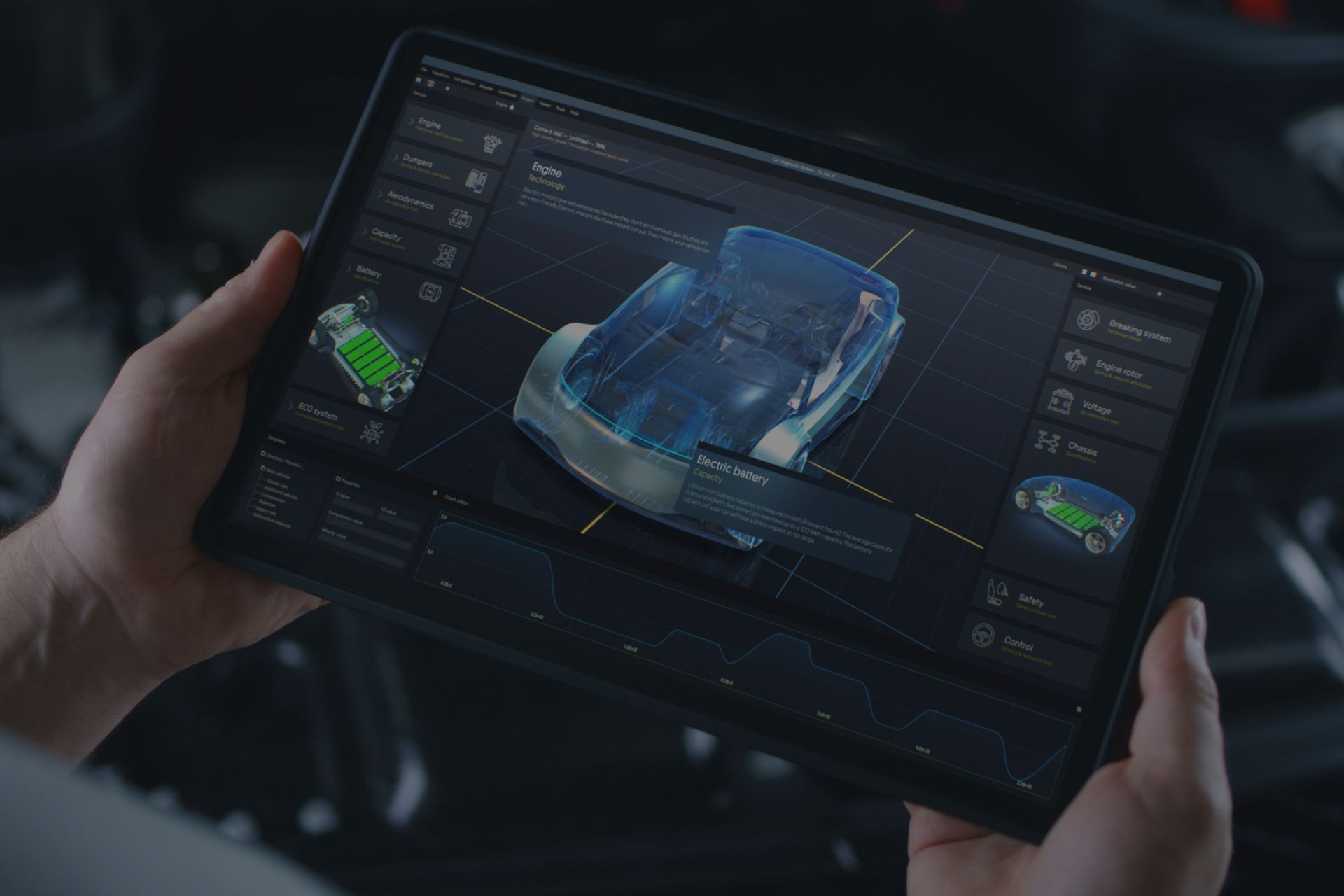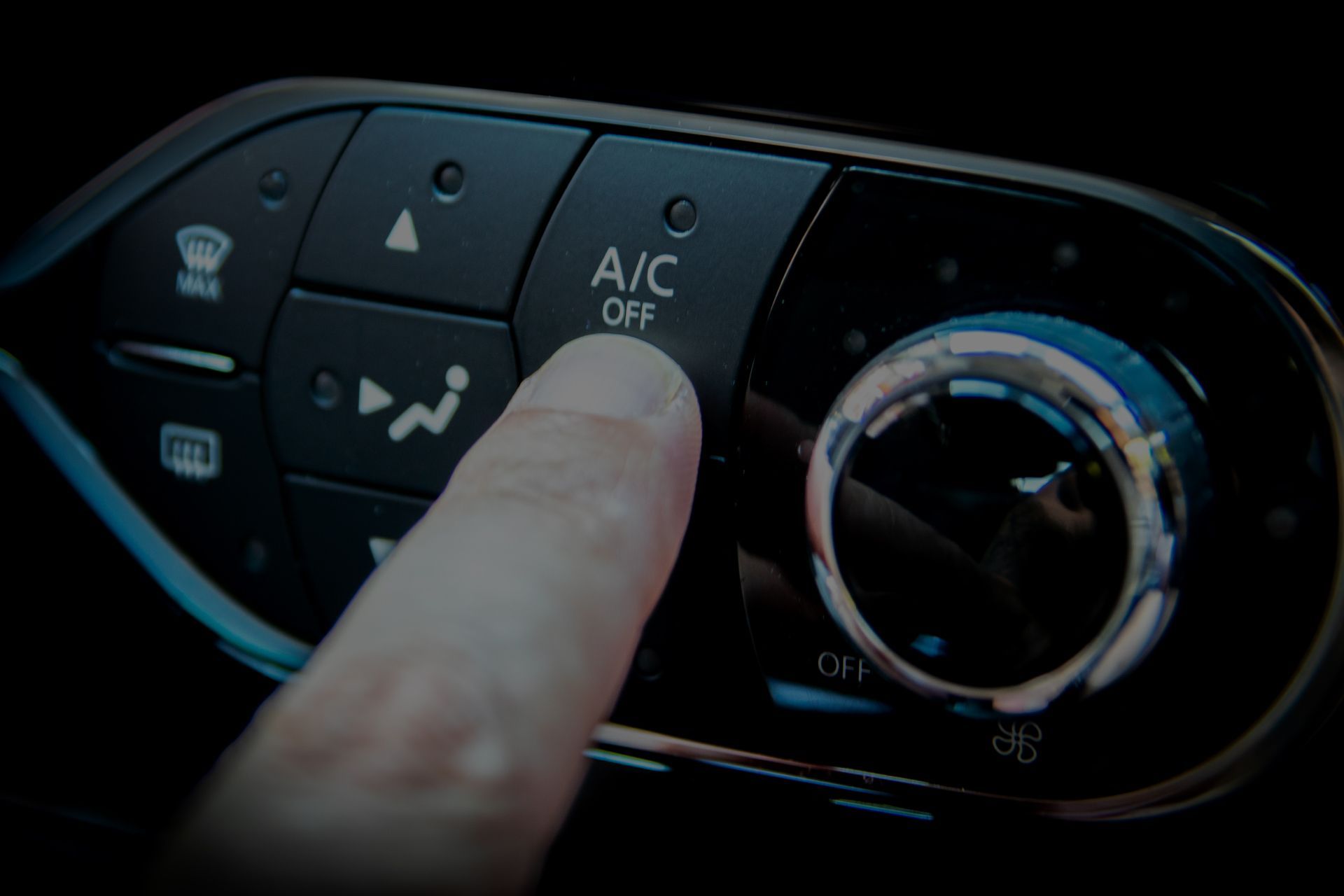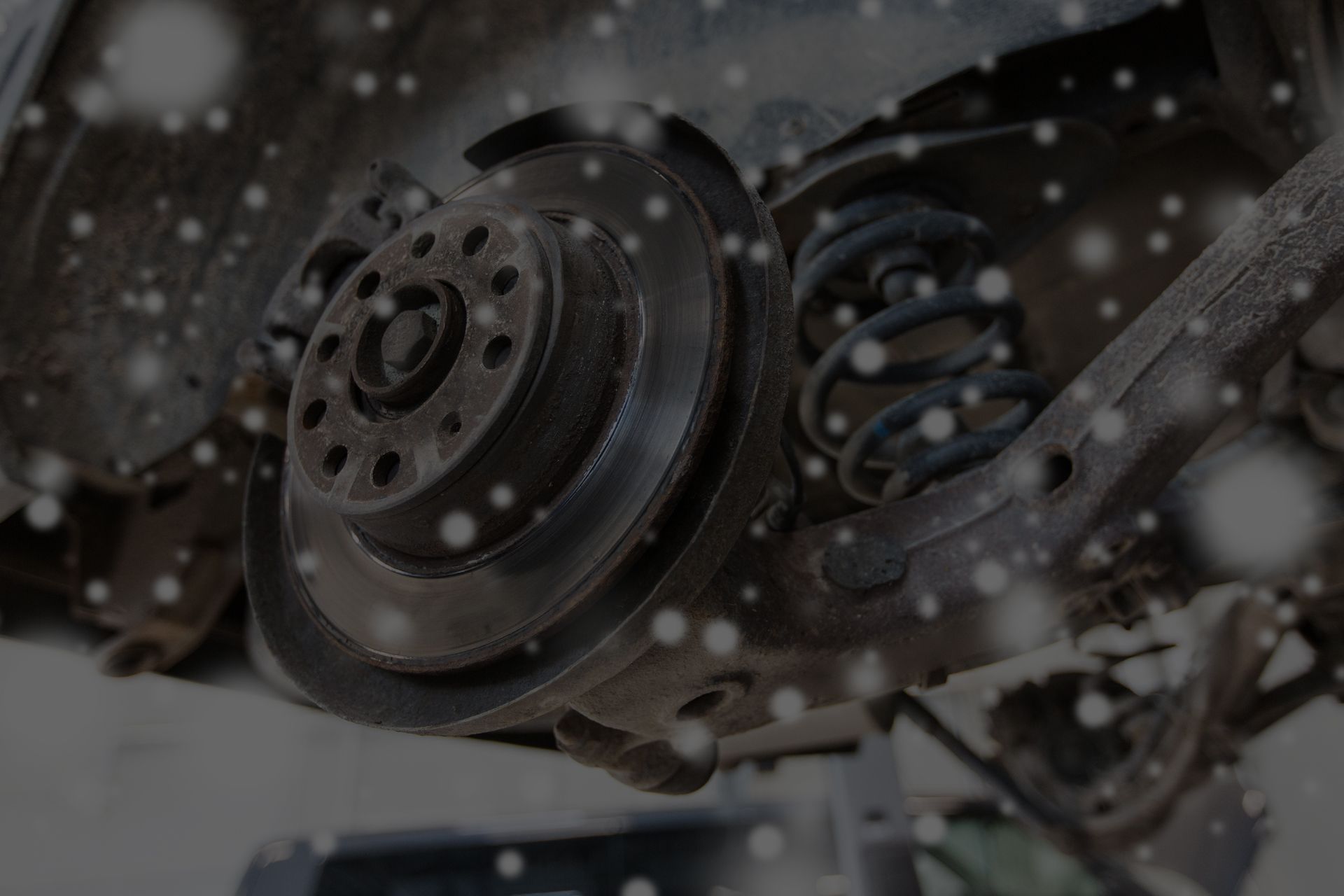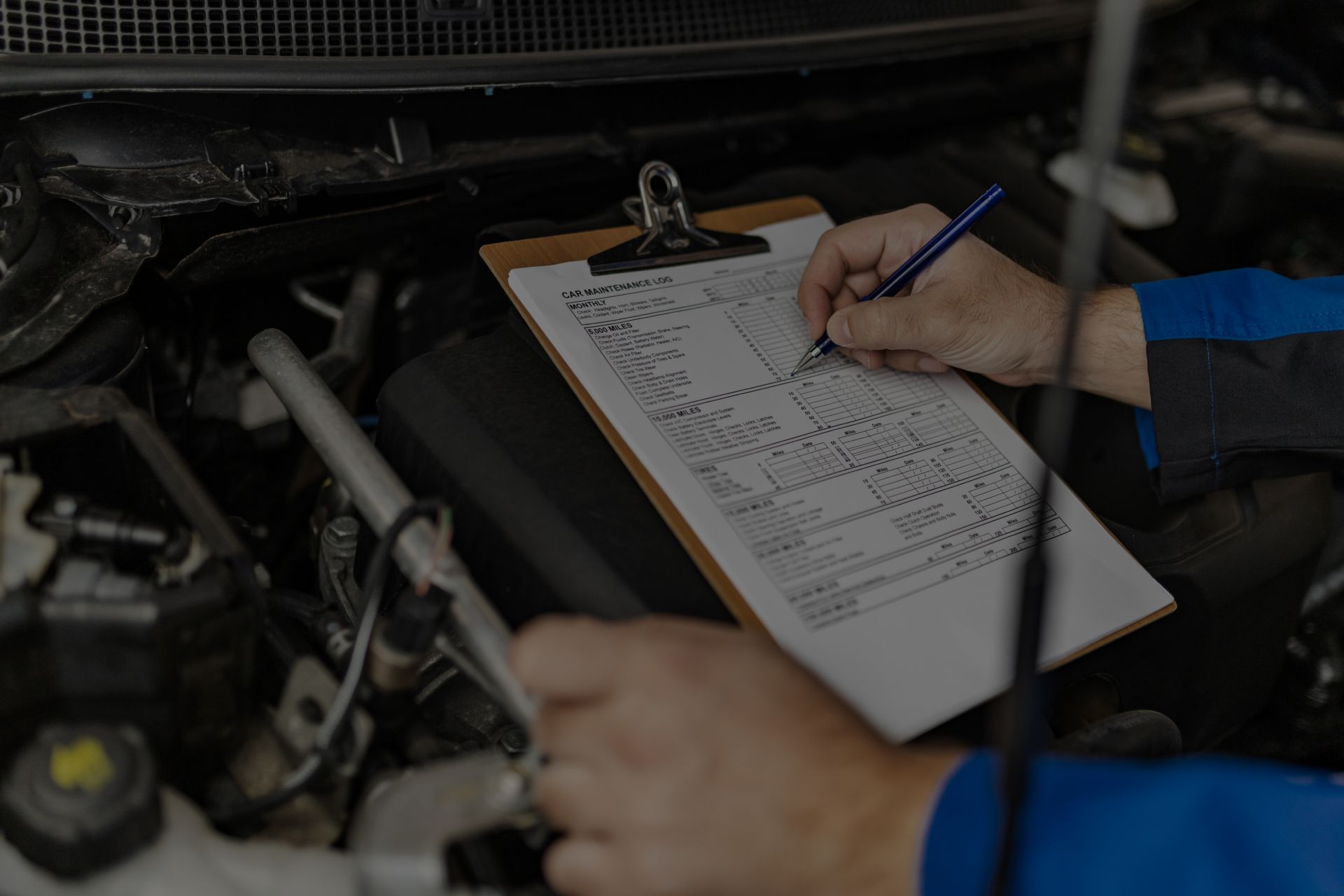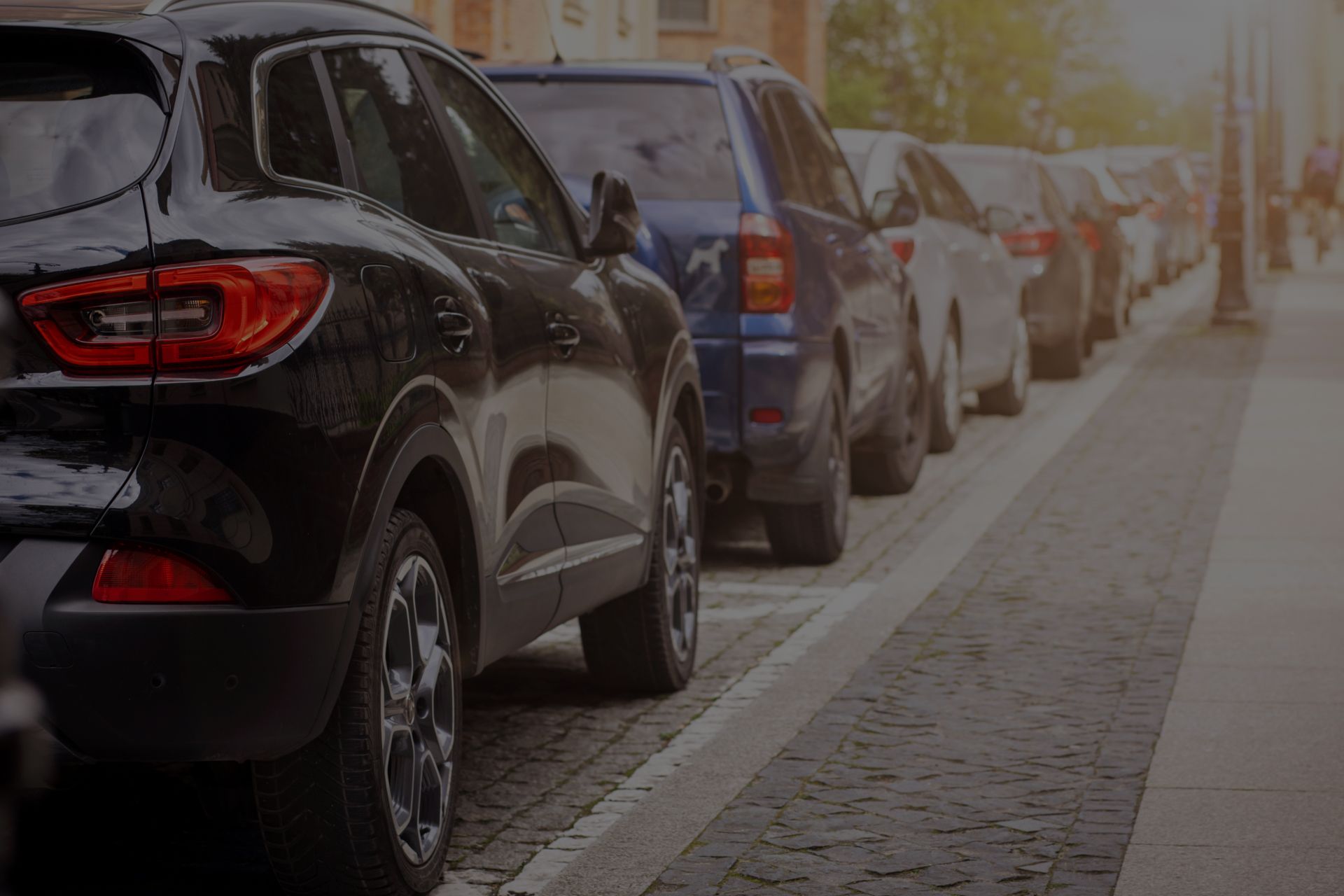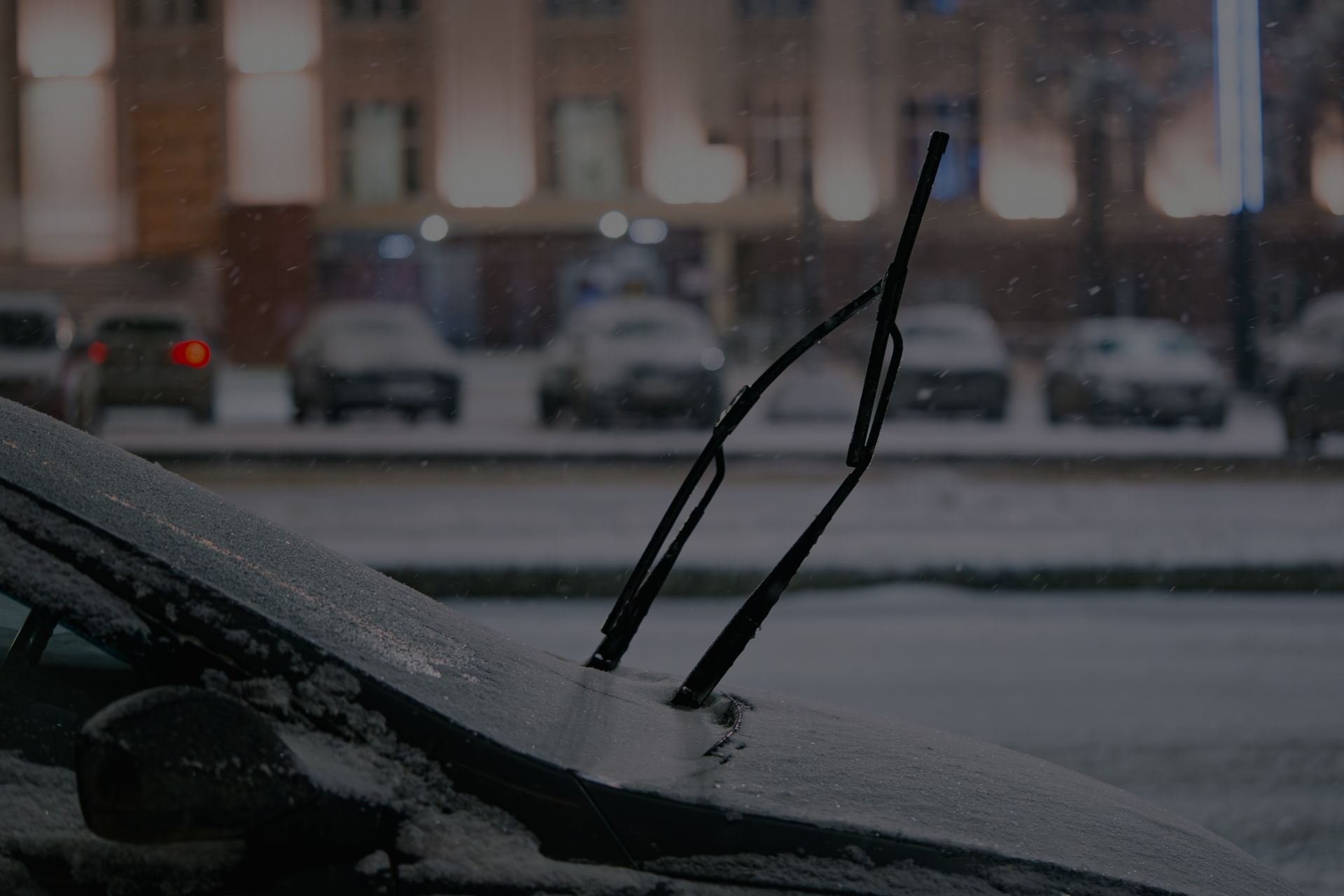Summer driving in Denver puts your brakes through a serious workout. Between stop-and-go traffic on I-25 during Rockies games, navigating the steep hills around the Highlands neighborhood, and those weekend mountain drives to Vail or Breckenridge, your brake system has been working overtime for months.
As summer winds down, it's time to pay attention to what your brakes are telling you. Colorado's unique driving conditions – from our mile-high altitude to dramatic elevation changes – create brake wear patterns that many drivers don't recognize until it's too late.
Listen for These Warning Sounds
Your brakes communicate problems through sound long before they fail completely. A high-pitched squealing when you brake is often the first sign of worn brake pads. This sound comes from small metal indicators built into the pads that scrape against your brake rotors when the pad material gets thin.
Don't ignore this sound, especially after a summer of Denver driving. Those steep descents coming down from Red Rocks after concerts or heading back from hiking at Mount Evans put extra stress on your brakes, accelerating normal wear patterns.
A grinding noise is much more serious. This harsh, metal-on-metal sound means your brake pads are completely worn down, and the metal backing plate is scraping directly against your brake rotor. At this point, you're not just looking at brake pad replacement – you'll likely need new rotors too, making repairs much more expensive.
Feel for Changes in Brake Performance
Your brake pedal tells a story about your brake system's health. After months of summer driving around Denver, pay attention to how your pedal feels when you press it.
A soft or spongy brake pedal that goes down farther than usual often indicates brake fluid problems or air in the brake lines. Denver's hot summer temperatures and altitude can cause brake fluid to expand and contract, potentially creating air pockets that reduce braking effectiveness.
If your brake pedal feels hard and requires more pressure than normal, you might have a problem with your brake booster or brake fluid levels. This is particularly common after demanding summer driving like navigating downtown Denver traffic or making frequent stops in crowded areas like the 16th Street Mall.
Watch for Visible Warning Signs
Take a look at your wheels after washing your car. Excessive brake dust on your rims, especially if it's increased significantly since spring, can indicate your brake pads are wearing faster than normal. Denver's stop-and-go traffic on routes like Colfax Avenue or Federal Boulevard creates constant low-level braking that produces this kind of wear.
Check for brake fluid leaks in your driveway or parking spot. Small puddles of clear or amber fluid near your wheels could indicate brake line leaks. Colorado's temperature extremes and UV exposure can cause rubber brake lines to crack over time.
Pay Attention to How Your Car Stops
Your car should stop smoothly and in a straight line when you brake. If your vehicle pulls to one side when braking, you might have uneven brake wear, a stuck brake caliper, or brake fluid contamination. This problem is particularly dangerous on Denver's busy highways like I-70 or I-225, where you need reliable, straight-line braking.
Vibration in your brake pedal or steering wheel when you brake often indicates warped brake rotors. This commonly happens after aggressive mountain driving or frequent hard stops in city traffic. Those summer drives up to Georgetown or Idaho Springs involve long descents that can overheat your rotors, causing them to warp.
Consider Your Summer Driving Habits
Think about how you've been driving this summer. Have you made multiple trips up to mountain towns like Frisco or Keystone? Have you been stuck in traffic during rush hour on the Boulder Turnpike? These driving patterns put extra stress on your brake system.
Mountain driving is particularly hard on brakes because of the steep grades and extended periods of braking on descents. Even if you've been careful to downshift and use your engine to slow down, your brakes still work harder at altitude than they would at sea level.
City driving creates its own challenges. Frequent stops at traffic lights along busy Denver streets like Broadway or Colorado Boulevard, plus parking lot maneuvering at places like Park Meadows or Flatiron Crossing, create constant brake wear that adds up over time.
Don't Ignore Dashboard Warning Lights
Modern cars have brake warning lights that activate when brake fluid levels drop or when brake system problems are detected. Never ignore these lights, especially after a summer of demanding driving around Colorado.
The brake warning light might come on intermittently at first, perhaps when you're braking hard or going around corners. This often indicates low brake fluid levels that become more apparent when the fluid sloshes away from the sensors during vehicle movement.
Temperature Effects on Brake Performance
Denver's hot summer temperatures affect brake performance in ways many drivers don't realize. Extreme heat can cause brake fluid to boil, creating gas bubbles that make your brakes feel spongy or unresponsive. If you've noticed any changes in brake feel during particularly hot days, your brake fluid might need attention.
Heat also accelerates wear on brake components. Brake pads that might last 50,000 miles in moderate climates might only last 35,000 miles with aggressive summer driving in Colorado's challenging conditions.
When to Seek Professional Help
Don't wait until your brakes fail to address warning signs. If you've noticed any of these symptoms, especially after a summer of Denver driving, it's time for a professional brake inspection. Brake problems don't get better on their own – they only get worse and more expensive.
A qualified technician can measure brake pad thickness, check brake fluid condition, inspect brake lines and hoses, and test brake system performance. This kind of comprehensive inspection is particularly important if you're planning fall road trips or preparing for winter driving conditions.
Get Your Brakes Checked After Summer Driving
Don't let worn brakes put you and your family at risk this fall. Whether you've been commuting to downtown Denver, exploring Colorado's mountain towns, or just dealing with city traffic, your brakes have been working hard all summer long.
At ImportSports Performance, we've been helping Denver drivers maintain safe, reliable brakes since 1997. Our ASE Certified technicians know exactly how Colorado's unique driving conditions affect your brake system, and we're equipped to handle everything from routine brake pad replacement to complete brake system overhauls.
Concerned about your brakes after summer driving? Call ImportSports Performance at (303) 752-2422 to schedule a comprehensive brake inspection. We'll check your brake pads, test your brake fluid, inspect your rotors, and make sure your braking system is ready for fall and winter driving. Don't wait until you hear grinding noises – protect your safety and your wallet by scheduling your brake check today.
